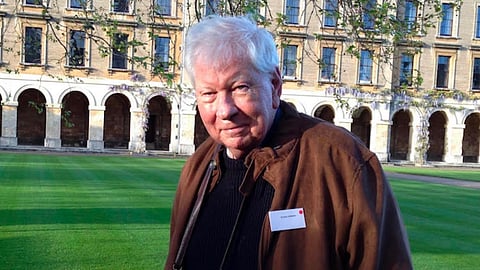RW Johnson: ANC requires “De Klerk moment”, abandon bankrupt ideology, spark economy
In a stark warning, David Makhura of the ANC signals that South Africa may be on the brink of a revolution if the GNU fails. Yet, as the government rallies for investment under the guise of patriotism, underlying issues persist: oppressive labour laws, economic restrictions, and rampant crime. Without significant policy shifts, these factors spell an imminent socioeconomic crisis. Drawing parallels with apartheid's decline, the current trajectory mirrors a precarious future, necessitating radical reform for true transformation.
Sign up for your early morning brew of the BizNews Insider to keep you up to speed with the content that matters. The newsletter will land in your inbox at 5:30am weekdays. Register here.
By RW Johnson
David Makhura, the ANC's head of political education, has warned business that if the GNU fails "South Africa is headed for a revolution". "If the GNU fails, we are all finished" he said.
___STEADY_PAYWALL___

